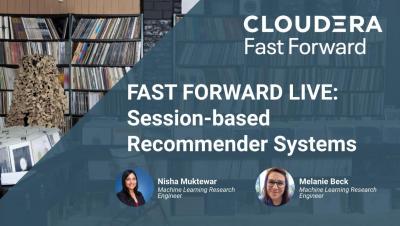Migrate Hive data from CDH to CDP public cloud
Many Cloudera customers are making the transition from being completely on-prem to cloud by either backing up their data in the cloud, or running multi-functional analytics on CDP Public cloud in AWS or Azure. The Replication Manager service facilitates both disaster recovery and data migration across different environments.









